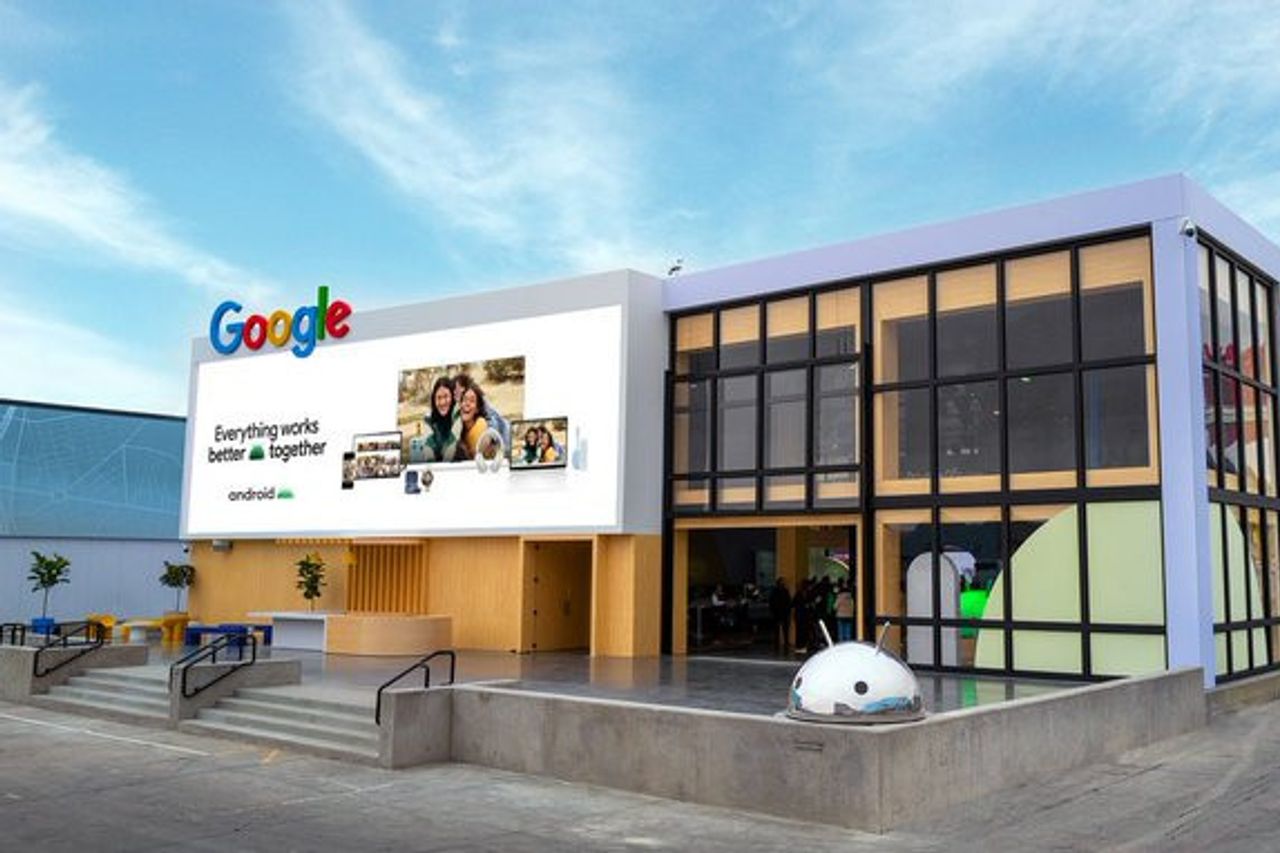Google Panic About ChatGPT, Larry Page And Sergey Brin Forced To Get Involved

JAKARTA - The launch of OpenAI's AI chatbot, ChatGPT, has raised awareness within Google. According to a report from The New York Times, Google now has plans to demonstrate a version of its search engine with its own chatbot feature this year. They uncovered more than 20 projects powered by artificial intelligence.
In December, Google executives were heard to be concerned that despite investing heavily in AI technology, moving too quickly to launch it could damage the company's reputation. But now things have changed rapidly. Previously, Google also announced that it would lay off more than 12,000 employees and focus on AI as a very important domain.
No specific timeline was stated for the rollout of Google's AI search demo, but another project of slide show the Times saw is set to debut during its annual I/O event in May 2023, which has previously launched features like Duplex and Google Glass.
The situation was serious enough that the Times also reported that Google co-founders Larry Page and Sergey Brin, who remain controlling shareholders of Google parent Alphabet, had "offered advice" to company leaders agreeing on plans and pitching ideas when meeting with key executives to talk about ChatGPT last month.
Their re-engagement is a big shift after the two left their daily roles in 2019. The appearance of the two is also at the invitation of the current CEO of Google/Alphabet, Sundar Pichai.
The demo for chatbot search says Google will prioritize getting the facts right, ensuring security, and weeding out misinformation, and hopes to address the issue of AI responding confidently and clearly to questions with poor information. Meanwhile, Google is also looking at ways to speed up the review process that should check technology to see if it is operating in a fair and ethical manner.
The new product launches mentioned in the report were presented by a panel of executives including Jeff Dean, who runs the research and AI departments, including an image creation studio that "creates and edits images", an application for testing product prototypes, and a suite of tools other businesses can use to create an AI prototype from within a browser window called MakerSuite.
Google is also working on a code generation tool called PaLM-Coder 2 which is similar to Microsoft's GitHub Copilot software and another tool that helps create apps for smartphones called Colab + Android Studio.
Google's approach to AI has been more conservative in recent years than some of its rivals.
In recent years, Google has tread carefully when it comes to launching new AI products. The company found itself in the middle of a debate about the ethics of artificial intelligence after it fired two of the leading researchers in the field, Timnit Gebru, and Margaret Mitchell.
The pair leveled criticism at language AI models, noting challenges such as their tendency to amplify biases in their training data and present false information as fact.
SEE ALSO:
While Google's AI research is considered as advanced as that of other leading tech companies, they only test software with very strict guardrails.
The company's AI Test Kitchen app, for example, offers access to image and text generation tools similar to OpenAI's DALL-E and ChatGPT. However, Google severely limits the requests that users can make from this system.
Google has also showcased some of its own chat-filled AI products, including a non-public demo in 2021 of a ChatGPT-like system.
However, with the launch of ChatGPT OpenAI, and alarming warnings about Google's impending demise, it seems they will have to revise their tactics. In the past, Google has said it avoided launching certain AI products due to potential "reputation damage". Now, it seems the reputation he's trying to escape is out of date.
When VOI tried to ask ChatGPT about Google's panic, the artificial intelligence answering machine gave a unique answer: "I didn't know Google was panicking over ChatGPT's. However, in the world of technology, companies are always trying to improve their products and stay competitive in the market. If there are other companies developing better technology, it might cause other companies to feel pressure to improve their products. However, I don't have specific information about Google and ChatGPT".

